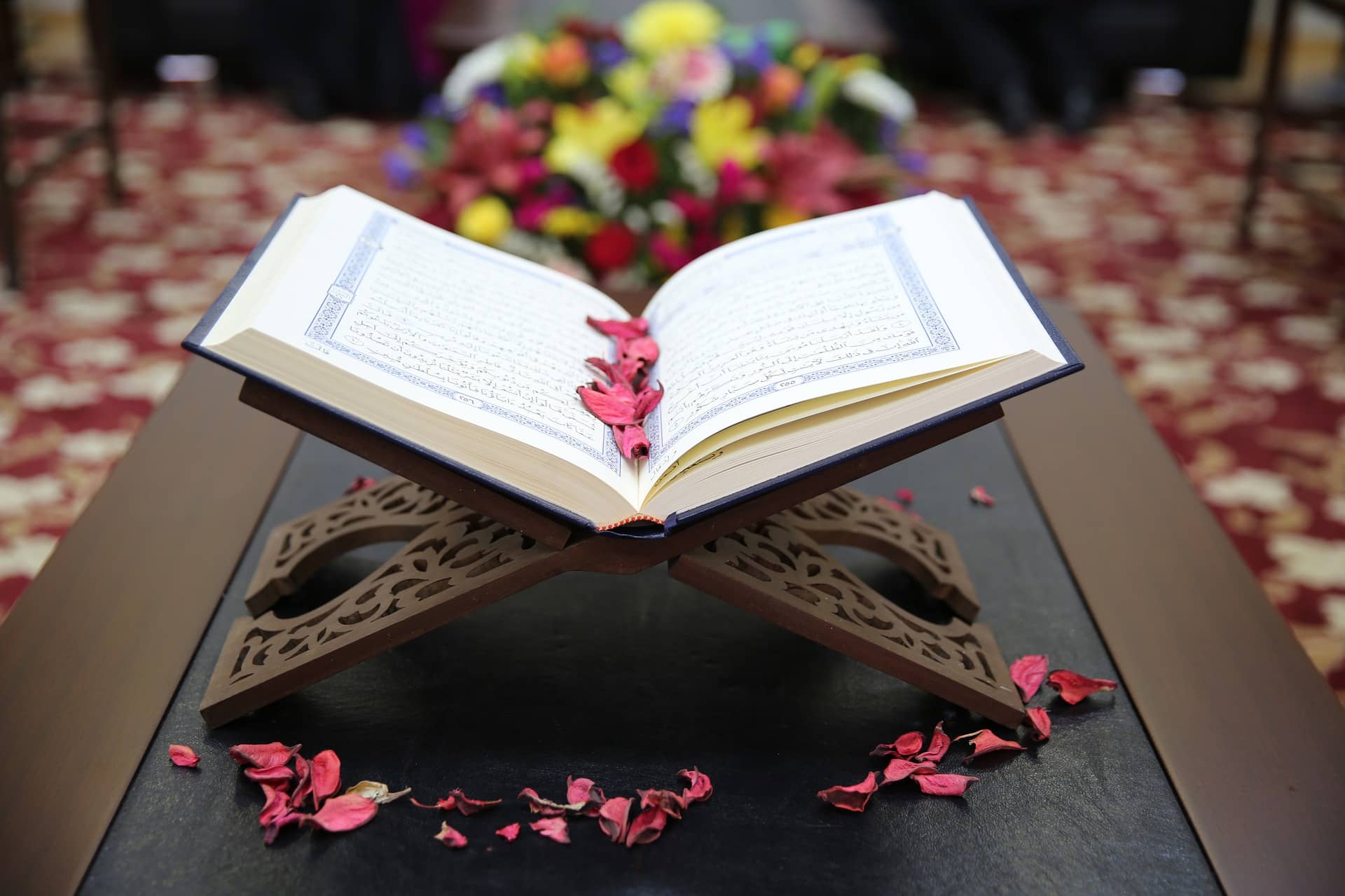The 1.3 billion Muslim of the world are struggling to find a middle ground between secular extremism and religious extremism. They are looking for governments that respect their religion but do not force it down their throats--governments ruled by the people and for the people, not by tyrants who think they are always right and that anybody who disagrees with them is a traitor. Muslims are looking for governments that respect the basic teachings of Islam-- love, justice, tolerance, compassion, and peace--but are modern and efficient in solving economic, political, and social problems.
And now, finally, we may have that in Turkey. These Muslim conservatives are, ironically, adopting secularism--not the anti-religious version we have seen practiced in parts of the Muslim world, but the true and correct version of secularism which says the government belongs to the people and that religious practices should not be enforced by the government.
Upon winning the elections, Recep Tayyip Erdogan, 48, declared that the Justice and Development party is firmly committed to joining Europe and to continuing strong relations with the United States. "Secularism is the protector of all beliefs and religions," Mr. Erdogan said. "We are the guarantors of this secularism, and our management will clearly prove that." Justice and Development party members and their leader refuse to call themselves "Islamists" or "secularists". They call themselves Muslim Democrats.
Muslim Democrats are genuine Muslims who are either practicing Muslims or have respect for those who do practice their religion. At the same time, they realize that religion is a matter of choice, and is always open to varying interpretations, schools of thought, and degrees of piety. It is against the will of God to try to force anyone to practice a faith or to interfere with the way that they practice their faith.
Furthermore, Muslim Democrats believe the Qur'an is the word of God, but it is interpreted and practiced by people, not by saints. There is always room for differences of opinions and interpretations, and no one can claim to represent God on earth. Muslim Democrats are therefore willing to abide by the rule of the majority and respect the rights of minorities.
Muslims can learn from the recent history of Algeria and Afghanistan. In 1991, military rulers in Algeria removed an elected president and cancelled elections that an Islamist party was poised to win. Today, civil war is still raging (more than 200,000 civilians have been killed), the economy is in shambles, and fundamentalist parties are still strong. The Algerian government seems to have learned the lesson that authoritarian regimes cannot succeed and is trying to reform itself.
The experience of the Taliban in Afghanistan has also been an important lesson. Trying to adhere to outdated interpretations of Islam and to force those interpretations on an entire population is stupid, destructive, and anti-Islamic. The Taliban was a disgrace to all Muslims, and a wake-up call for many religious people. When leaders claim to rule in the name of God, bad things tend to happen. Freedom and dignity are the first victims of such regimes, but they ultimately also fail to provide stability or development because their methods do not work. Furthermore, they are not accountable to anyone (except God) and there is no mechanism to provide criticism and correct mistakes.
In the Arab and Muslim world today, the majority of governments are out of touch with their people and have become increasingly oppressive and unpopular. Out of despair, anger, and frustration, millions of Muslims, especially the youth, have turned to fundamentalist Islam as a way to feel proud, strong, and secure. But these politico-religious movements have failed to deliver salvation. Repression drove many movements to violence and extremism, which in turn was used to justify further repression and crackdowns.
Is there a way out of this terrible vicious circle? The answer may finally be at hand in Turkey.
There is no question that Islam and democracy are compatible, and that a modern democratic interpretation of Islam is needed to solve the endemic problems of the Muslim world. Europe has played a positive role in modernizing and democratizing Turkey; perhaps the United States can play a similar role in other parts of the Muslim world. It is imperative that we support Muslim Democrats throughout the Muslim world, for they will prove to be our best allies for a more stable and more prosperous world.

